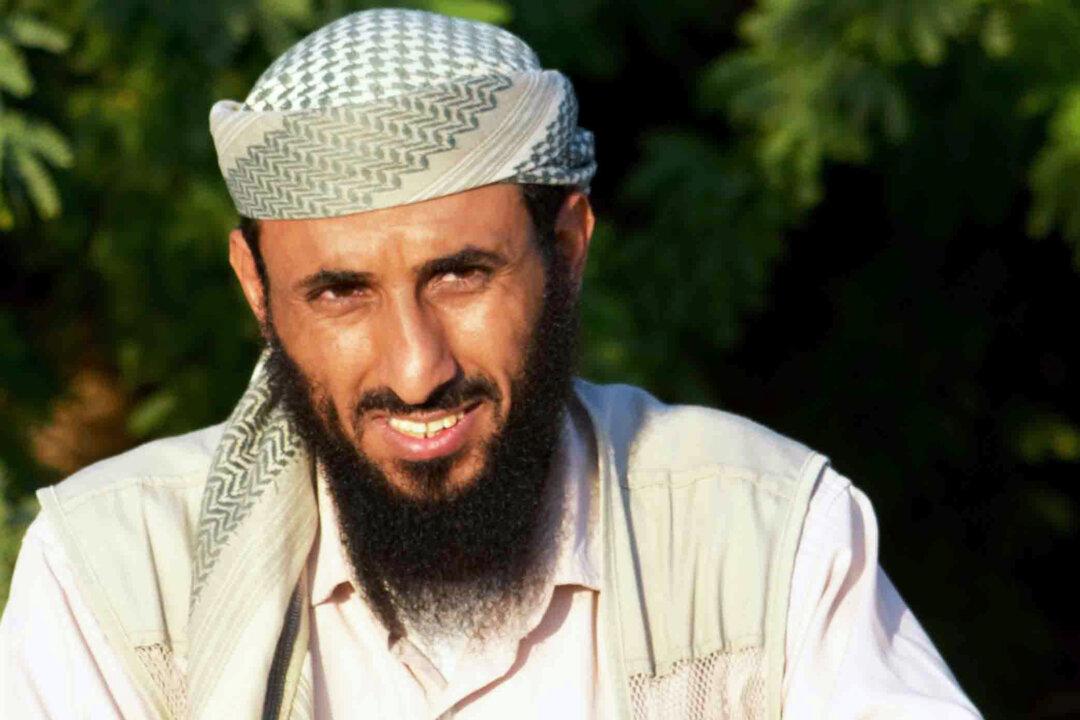Syria’s ongoing civil war and its spill-over into neighboring Iraq, despite its gross humanitarian destruction, has become a beacon for non-state actors, quasi-state actors, and regional powers - all vying for greater legitimacy.
When the security situation began to spiral out of control, groups from local militias to well-known international terrorist organizations attempted to gain a foothold. Iranian proxy and designated terrorist group Hezbollah, hailing from Lebanon, has been one of the Assad regime’s and Syria’s biggest boon on the battlefield. In fact, Hezbollah’s influence has become so entrenched that there have been reports of regime regiments, which have sustained enormous casualties, cowing to Hezbollah commanders. The Islamic State (IS) group and al-Qaeda’s official Syrian affiliate, Jabhat al-Nusra, have made substantial gains within the region with Jabhat al-Nusra limiting operations just to Syria – recall the bitter split between the two on al-Qaeda affiliated groups over which one would operate in what territory.
The Kurds, largest ethnic group without a country, have been persecuted for generations to near extermination in Iraq under Saddam Hussein, to squelched protests against their repressive government in Turkey. The Kurds have seen the current regional struggle as a potential opportunity to make lasting gains beyond their semi-autonomous region in northern Iraq.
State actors such as Iran, which has come to the aid of the Assad regime along tactical lines, is looking to maintain a friendly partner in Syria as well as to establish a foothold and potentially greater operational control in Iraq as evidenced by the numerous appearances of Iranian Revolutionary Guard Corps Quds Force Maj. Gen. Qasem Soleimani with Iraqi Shia militia forces fighting for the Iraqi government under the Popular Mobilization umbrella.
Of course there are also Syrian rebels who began peaceful protests against Assad’s authoritative rule. Once protests became violent with repressive crackdowns by the Syrian military, Syrians responded in kind and have been fighting ever since.
The U.S. is trying to remain as neutral as possible in terms of geopolitics. The U.S. has now found itself caught in the middle of this struggle – an imbroglio the U.S. never thought it would be. The extent of U.S. intervention is to ensure that a terrorist entity, IS, does not possess the capability to strike the U.S or its interests and ensure the Iraq regime remains intact. The Syrian situation is much more complicated as the U.S. has only taken offensive operations against IS and small factions embedded within Jabhat al-Nusra. Despite numerous calls from high ranking U.S. officials as far up the chain as the president himself for Assad to step down because he has lost legitimacy as a ruler, the U.S. has taken few steps toward that end. Even the train and equip program for Syrian rebels is only aimed at rolling back IS gains and rebels are explicitly warned not to use U.S. training against the regime – a disconcerting line for many rebels, many of whom refused to participate in the program for just that reason.
The Kurds on the other hand, in Syria but especially in Iraq, have proven adept on the battlefield with tenacity and persistence. However, the U.S. Congress has failed to provide measures for Iraqi Kurdish fighters known as the Peshmerga to receive U.S. military aid directly – all aid must go through the Iraqi central government in Baghdad before reaching Kurdish units. The Kurds are thought to be one of the most reliable partners in the fight against IS – a partner the U.S. does not want to lose to one that might be more willing to provide arms directly – a la Iran.
The Syrian Kurds have also proven their worth with recent victories along the Turkish border to steal away a key border crossing from IS. Due to the lack of clarity regarding operations, from what can be gathered from daily releases of coalition airstrikes, it would appear as though strikes rely heavily on Kurdish reporting in Syria as there are no foreign military boots on the ground and the U.S. train and equip program for Syrian rebels remains nascent. However, reports of gross human rights violations by Kurdish factions in Syria, combined with their support from and for the Turkish Kurdish Workers Party (PKK, which is listed as a U.S. terrorist organization), poses problems for the U.S. First, the U.S. appears to be supporting certain factions it designates as terrorists to fight terrorists, and second, Turkey, a powerful ally with the second largest military in NATO, is considering military action in Syria to prevent Kurds from establishing a state – something Turkey views as a threat.
Many have accused the U.S. of allowing Iran greater latitude in the Syria/Iraq conflict as to not upset the international negotiations curbing Iran’s alleged nuclear program. Iran has been the shoulder for Shiites in the region to cry on as Sunni groups such as IS and other Sunni tribes – disaffected due to the previously retributive Shiite regime of Nouri al-Maliki in Iraq – rise up against local Shia governments. Iran has been providing military aid, military direction, and human capital in the form of proxies and commanders such as Soleimani to sow support. As Michael Knights, fellow at the Washington Institute for Near East Studies, has said, the U.S. could defeat IS, win the conflict, but in the process, lose Iraq to Iran – something that deeply troubles many in American foreign policy circles.
With so many groups vying for greater legitimacy, the U.S. has struggled to balance its stance and keep all parties pleased. The U.S. has its own interests as well. Forcing Assad out could cause even greater friction between the U.S. and Iran as well as Russia, another Syrian ally. With reports of other nations such as Jordan and Turkey poised to establish “buffer zones” in Syria thus upping the ante for international intervention in the region, the U.S. will have to decide what its next move is and who it is willing to support and in turn anger.


